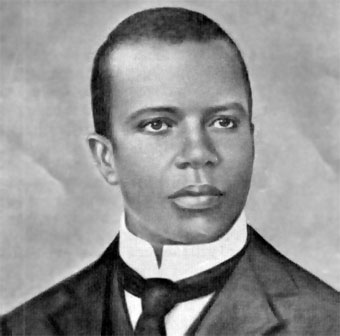

The performance was directed by Katherine Dunham, former head of a noted African-American dance company in her own name, and conducted by Robert Shaw.

The world premiere took place on January 27, 1972, as a joint production of the music department of Morehouse College and the Atlanta Symphony Orchestra in Atlanta, Georgia, using the orchestration by T. The concert commemorated the recent publication of Joplin's collected works, which had been compiled and edited by Vera Brodsky Lawrence. On October 22, 1971, excerpts from Treemonisha were presented in a concert at the Lincoln Center Library, with musical performances by William Bolcom, Joshua Rifkin and Mary Lou Williams joining a group of singers. Īside from a concert-style performance in 1915 of the ballet Frolic of the Bears from Act II, by the Martin-Smith Music School, the opera was forgotten until 1970, when the score was rediscovered. its special quality (would have been) lost on the typical Harlem audience (that was) sophisticated enough to reject their folk past but not sufficiently so to relish a return to it". One of Joplin's friends, Sam Patterson, described this performance as "thin and unconvincing, little better than a rehearsal. Its sole performance was a concert read-through in 1915 with Joplin at the piano, at the Lincoln Theater in Harlem, New York, paid for by Joplin.

Scott Joplinĭespite this endorsement, the opera was never fully staged during his lifetime. a thoroughly American opera (style)." This affirmed Joplin's goal of creating a distinctive form of African-American opera. The review said it was an "entirely new phase of musical art and. Treemonisha received a glowing, full-page review in the June issue. At the time of the publication, he sent a copy of the score to the American Musician and Art Journal. Joplin completed Treemonisha in 1910, and paid for a piano-vocal score to be published in 1911. The heroine and symbolic educator is Treemonisha, who runs into trouble with a local band of conjurers, who kidnap her. The opera celebrates African-American music and culture while stressing that education is the salvation of African Americans. deeply moving", with elements of black folk songs and dances, including a kind of pre- blues music, spirituals, and a call-and-response style scene featuring a preacher and congregation. It has been described as "charming and piquant and. The musical style of the opera is the popular romantic one of the early 20th century. The performance was called a "semimiracle" by music historian Gilbert Chase, who said Treemonisha "bestowed its creative vitality and moral message upon many thousands of delighted listeners and viewers" when it was recreated. Joplin was posthumously awarded the Pulitzer Prize for music in 1976 for Treemonisha. The opera was largely unknown before its first complete performance in 1972. The music of Treemonisha includes an overture and prelude, along with various recitatives, choruses, small ensemble pieces, a ballet, and a few arias. It is sometimes referred to as a "ragtime opera", though Joplin did not refer to it as such and it encompasses a wide range of musical styles. Treemonisha (1911) is an opera by American ragtime composer Scott Joplin.

1911 opera by Scott Joplin The cover of the Treemonisha score, published in 1911


 0 kommentar(er)
0 kommentar(er)
